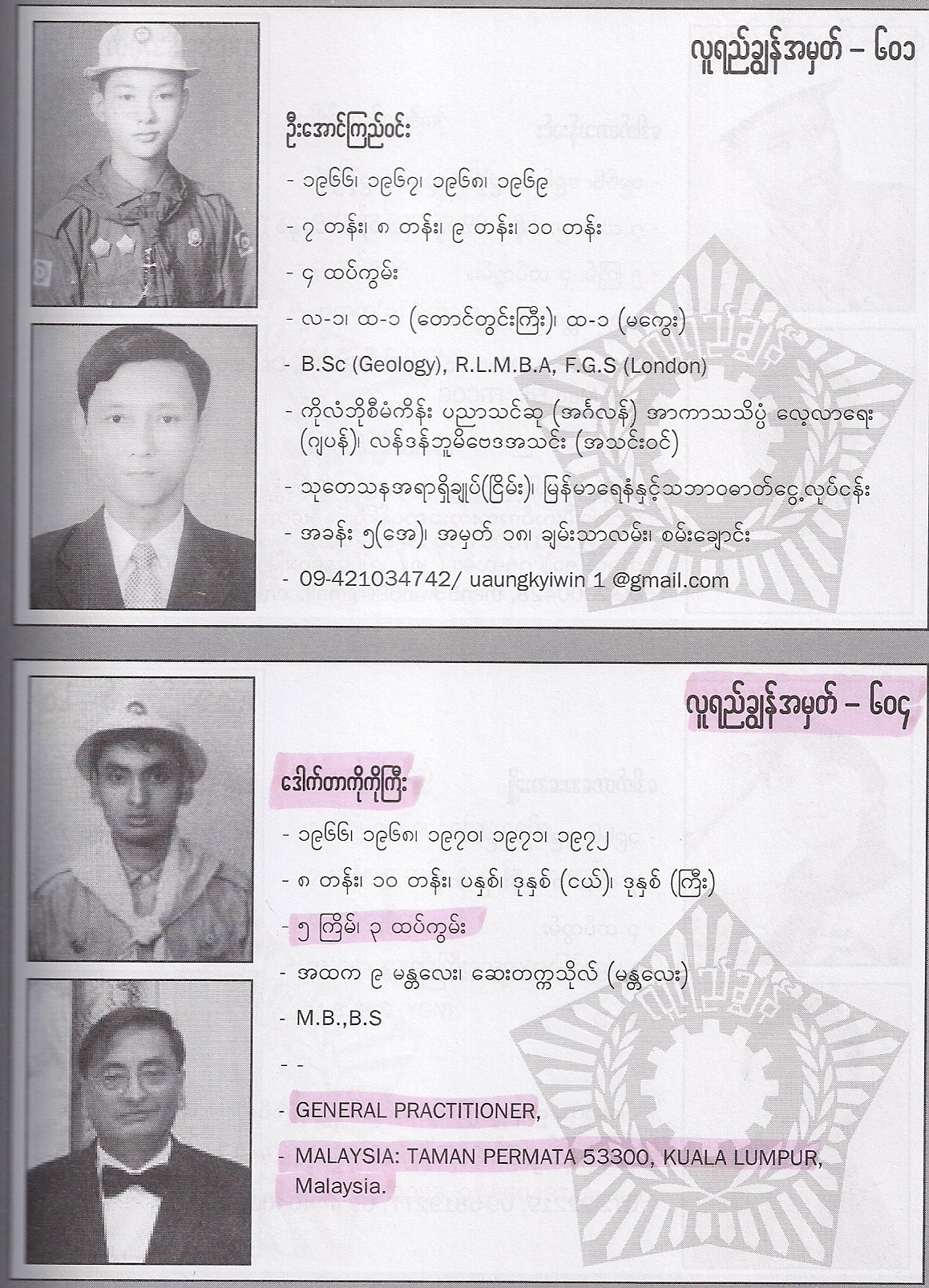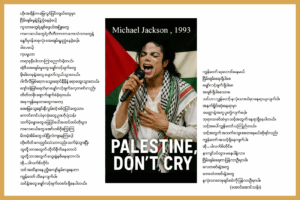NOTE: As a normal average human being, I am not the brightest, cleverest person nor morally correct saint. Although I always try hard and try to be good, I was and is NEVER at the best: morally, religiously, in the medical field nor financially. But I am always working hard to be a better person, dua to Allah swt and say thanks Shukur Alhamdulillah, Ameen!
Let us strive to be morally luminous and skillfully radiant. Not for applause, but for Allah. Not for fame, but for the healing of hearts.
In a world dimmed by haste and distraction, the pursuit of moral clarity and personal excellence is not just noble—it is necessary. Islam, in its timeless wisdom, calls us not merely to exist, but to shine.
“Verily, Allah loves that when anyone of you does a job, he should perfect it.” — Prophet Muhammad ﷺ, Hadith (al-Bayhaqi)
This is the ethic of ihsan—to do everything with beauty, precision, and sincerity. Whether one is a healer, a teacher, a writer, or a builder of bridges between communities, excellence is not optional. It is worship.
“Indeed, Allah does not change the condition of a people until they change what is in themselves.” — Qur’an 13:11
Moral transformation begins within. It is a quiet revolution of the soul—choosing truth over convenience, compassion over pride, and service over self.
“The most beloved of people to Allah are those who are most beneficial to others.” — Hadith (al-Mu’jam al-Awsat)
To be outstanding is not to be above others, but to be deeply useful to them. Skillfulness, when paired with humility, becomes light. And light, when shared, becomes legacy.
Let us strive to be morally luminous and skillfully radiant. Not for applause, but for Allah. Not for fame, but for the healing of hearts.
I have participated in singing the following song at the Ngapali Luyechun Outstanding Camp with the NAVY UNIFORM which I borrowed from our Navy live-guard unit chief Ko Thar Aung, if I am not forgetful and confused.
My American Principle once wrote in the magazine, Kingswood Highschool, Kalaw..
Good better best
Never let it rest
Till the good is better and the better best.
One of my best friend, Rakhine Medical Doctor, recommended me to read the Burmese translated book, “Jonathan Livingston Seagull”.
Jonathan Livingston Seagull is an independent thinker frustrated with the daily squabbles over meager food and sheer survival within his flock of seagulls who have no deeper sense of purpose. Unlike his peers, he is seized with a passion for flight of all kinds, and his soul soars as he aerially experiments and learns more about the nature of his own body and the environment in achieving faster and faster flights. Eventually, his lack of conformity within the Flock causes them to officially banish him with the label “Outcast”. Undeterred, Jonathan continues his efforts to reach ever-greater flight goals, finding that he is often successful. He lives a long happy life and is sad not due to his loneliness but only due to the fact that the rest of the Flock will never know the full glories of flying, like him.
In his old age, he is met by two radiantly-bright seagulls who share his abilities, explaining to him that he has learned much, but that they have come to take him “home” where he will go “higher”.
I wonder, 2 seagulls called him to come back home. Although I don’t smoke and could not say about a short stump of ciger left, at my last breath, who will call me back home?

It is a duty upon every Muslim to call others away from sinful behavior, and to do so with wisdom, within the limits of our various abilities.
Our Prophet (peace be upon him) said:
- Whoever sees something wrong should change it with his hands.
- If he is unable to do so, then he should do so with his tongue.
- If he is unable to do so, then he should do so in his heart and that is the weakest of faith.” [Sahîh Muslim]
“အသင်တို့အနက် မည်သူမဆို
စက်ဆုပ်ရွံရှာဖွယ်အမှုကို ပြုသည်ကို မြင်ရလျှင်
ထိုအမှုကို မိမိ၏ လက်ဖြင့် ပြုပြင်လော့။
ထိုသို့ လက်ဖြင့် မပြုပြင်နိုင်လျှင် မိမိ၏ နှုတ်လျှာဖြင့် ပြုပြင်လော့။
ထိုသို့ နှုတ်လျှာဖြင့် မပြုပြင်နိုင်ပါလျှင် နှလုံးသားဖြင့် ပြုပြင်လော့။
ဤသည် ယုံကြည်မှု၏ အားအနည်းဆုံးအချက်ပင်ဖြစ်သည်။”
(မွတ်စ်လင်မ်ကျမ်း)
Enjoin what is good and forbid what is wrong is an often quoted phrase, used in the Qur’an. This expression is the base of the Islamic institution of hisbah and sometimes referred to by this word. Hisbah forms a central part of Islamic doctrine, and is explicitly referred to in the two of the Shi’a Branches of Religion, Commanding what is Just and Forbidding what is Evil.
Quranic examples
- Sura 3.110 translated by Abdullah Yusuf Ali
Ye are the best of peoples, evolved for mankind, enjoining what is right, forbidding what is wrong, and believing in Allah. If only the People of the Book had faith, it were best for them: among them are some who have faith, but most of them are perverted transgressors.

- Sura 3.104 translated by George Sale
Let there be people among you, who invite to the best [in religion]; and command that which is just, and forbid that which is evil; and they shall be happy.

“Those who follow the apostle, the unlettered Prophet, whom they find mentioned in their own (scriptures), – in the law and the Gospel; – for he commands them what is just and forbids them what is evil; he allows them as lawful what is good (and pure) and prohibits them from what is bad (and impure); He releases them from their heavy burdens and from the yokes that are upon them. So it is those who believe in him, honour him, help him, and follow the light which is sent down with him, – it is they who will prosper.”

And the faithful men, and the faithful women are friends one to another: They command that which is just, and they forbid that which is evil; and they are constant at prayer, and pay their appointed alms; and they obey God, and his apostle: Unto these will God be Merciful; for He [is] Mighty [and] Wise.

Read also:
Lu Ye Chun nostalgia 1966,68,70,71,72 (Outstanding Students)
Doctor KO KO Gyi at KL by ASTRO
“The cloud with the golden lining”
My achievements and records in the Anatomy
Doing what is right and forbid the wrongs







